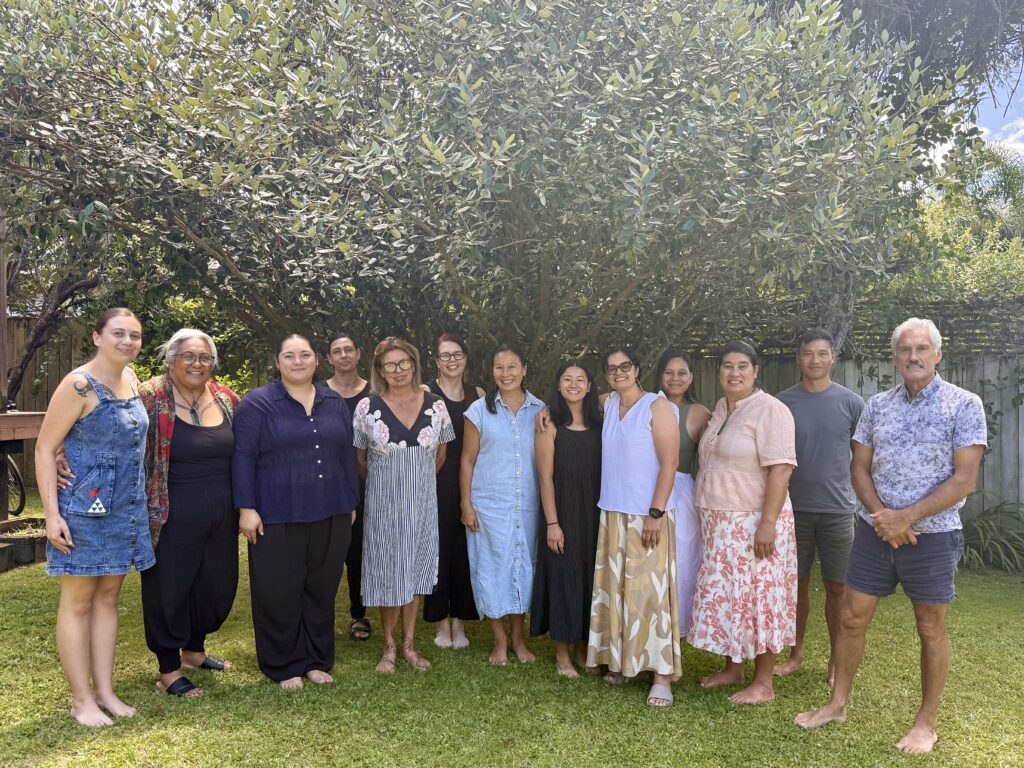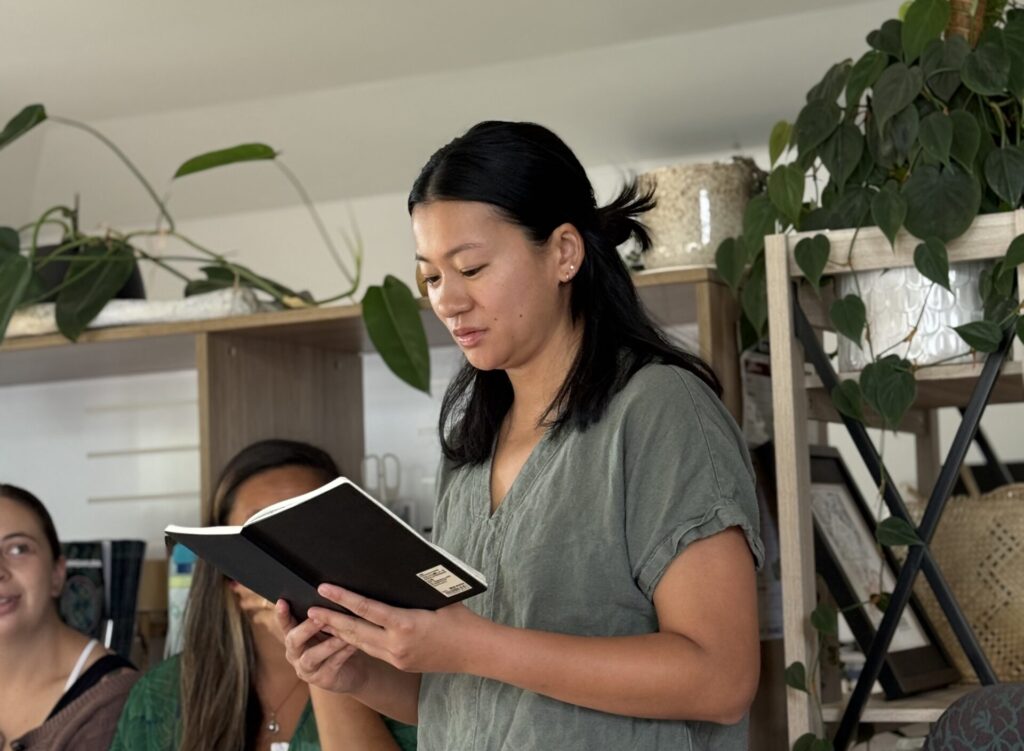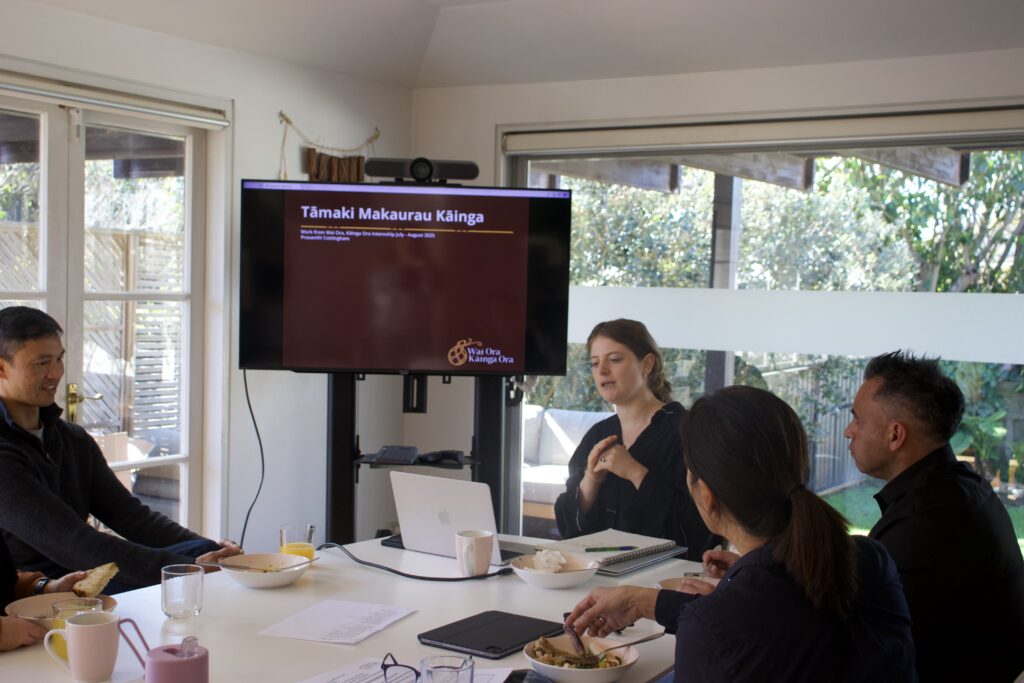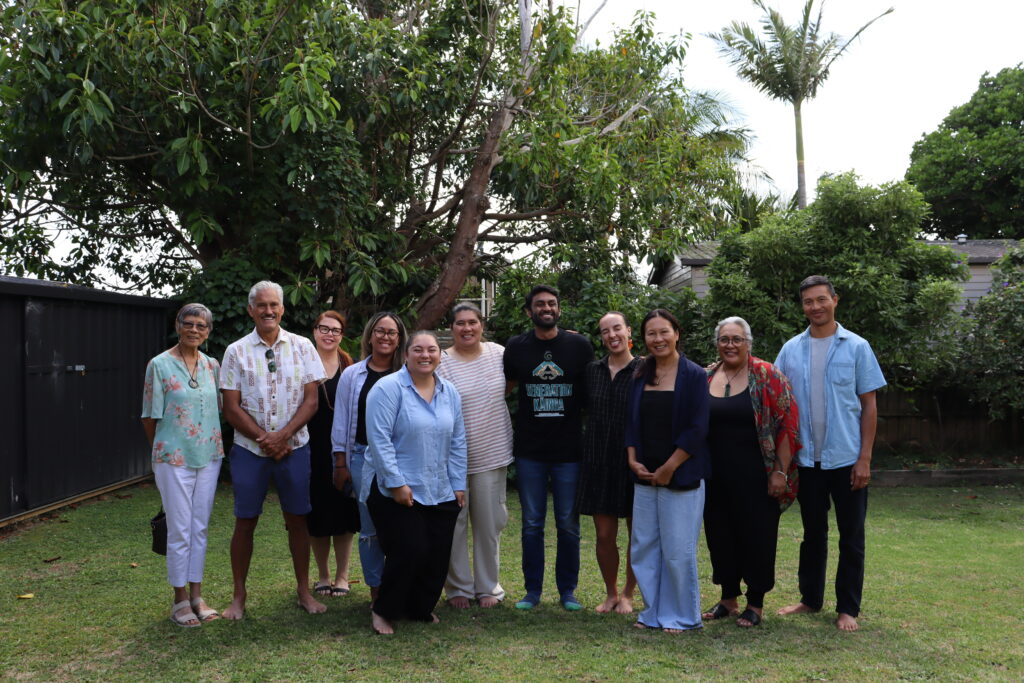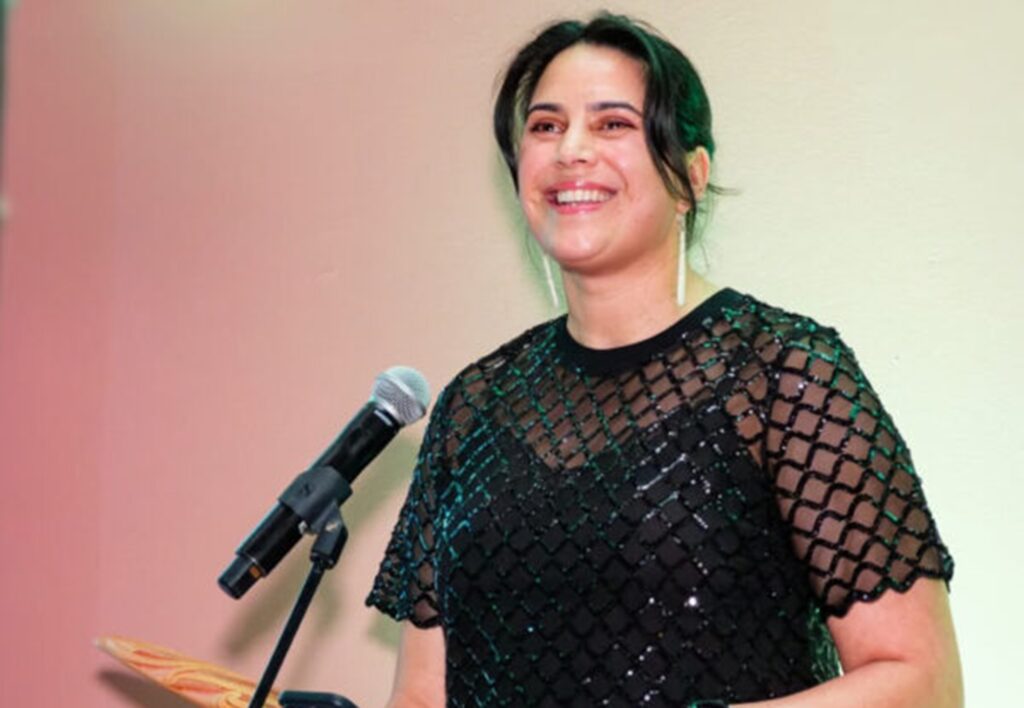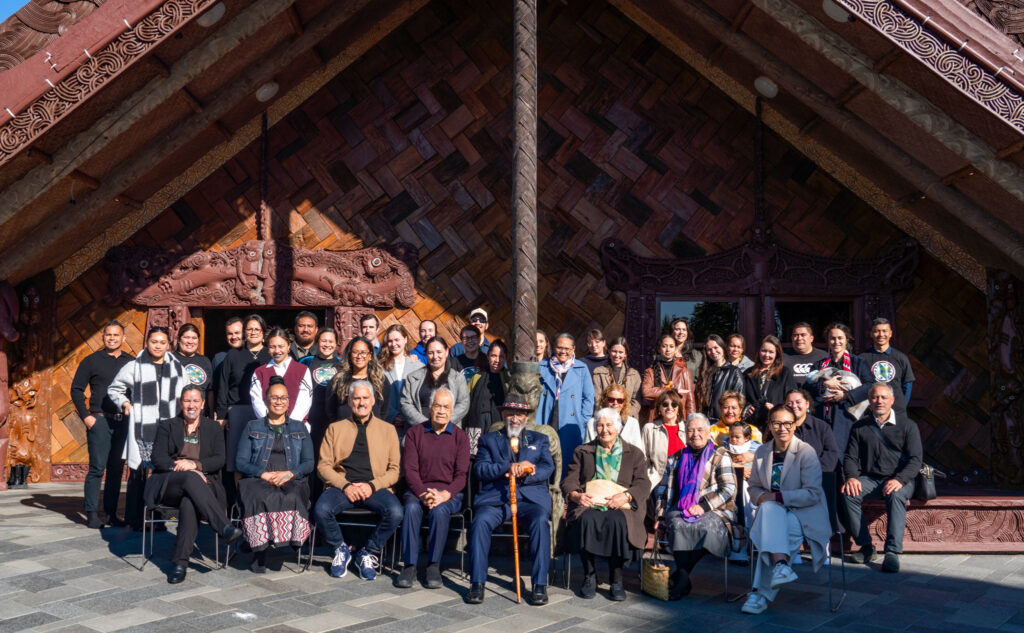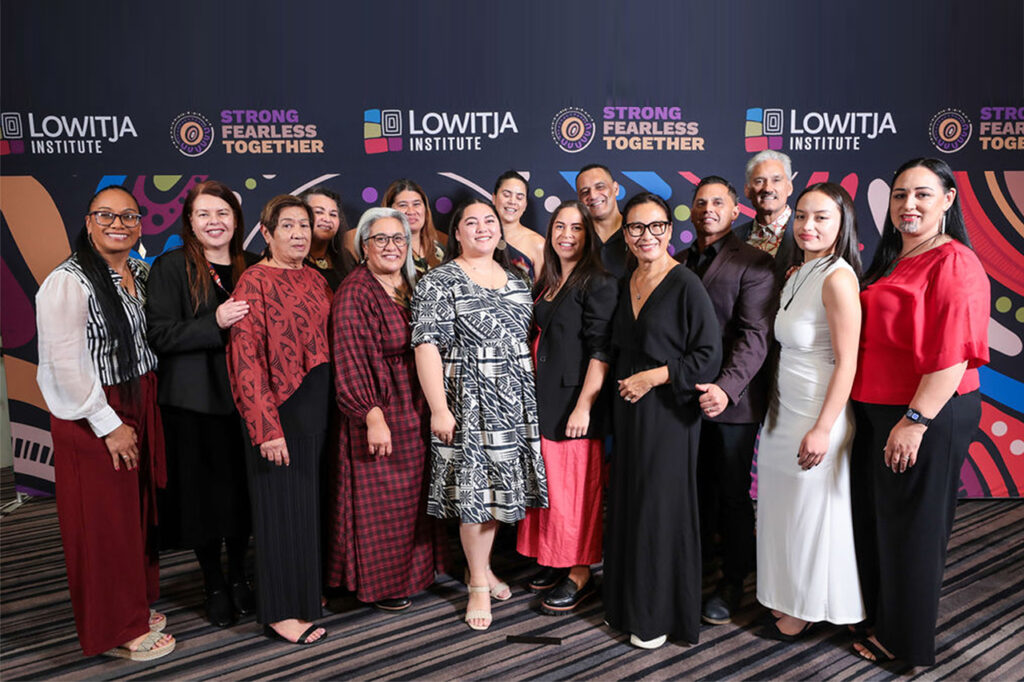About this project
Wai Ora, Kāinga Ora aims to regenerate local waters and ecosystems through intergenerational, kāinga based wai solutions. Kāinga, including marae and culturally significant sites, are traditionally located by waterways and, therefore, are especially vulnerable to the effects of climate change. The growing impacts of climate change on our communities intensify the urgency to address these water issues.
This research programme will co-create much needed collaborative initiatives with local Māori communities to address local climate impacts and provide place-based solutions to contribute to a low emissions and climate resilient economy. It brings together a large multi-disciplinary team with diverse expertise across mātauranga Māori, science, engineering, economics, architecture and more, to co-design kāinga based initiatives. The project will deploy a kaupapa Māori and community based participatory research approach, working with eight Māori communities to co-design community-led responses. These responses will target climate impacts on waters and ecosystems essential to kāinga wellbeing through centring mātauranga Māori and place-based kōrero tuku iho.
This timely research programme aligns with calls for Māori-led solutions alongside government commitments to address climate change impacts under Te Tiriti o Waitangi. Ultimately, Wai Ora, Kāinga Ora aims to deliver impactful change for communities and revive taonga tuku iho through intergenerational knowledge transmission and kāinga led action.

Principal Investigators
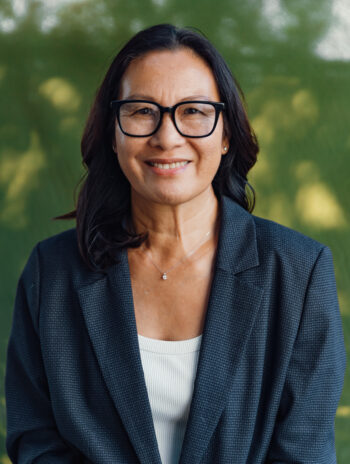
Prof. Jenny Lee-Morgan
Waikato, Te Ahiwaru, Ngāti Mahuta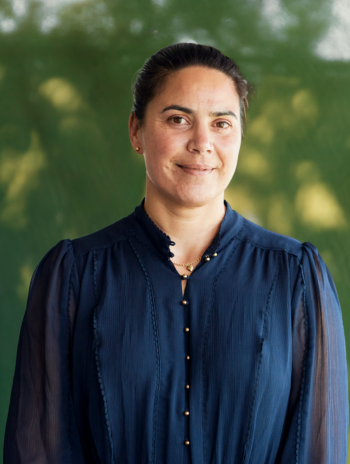
Dr Emily Afoa
Ngāpuhi, Ngāti Maniapoto
Waikato, Te Ahiwaru, Ngāti Mahuta
Prof. Jenny Lee-Morgan
Prof. Jenny Lee-Morgan has a distinguished background in teaching and kaupapa Māori research. Jenny has led and contributed to several large community projects, including the Endeavour MBIE-funded ‘Generation Kāinga: Rangatahi Building a Resilient and Regenerative Aotearoa’, the Marsden-funded ‘Matike Mai Te Hiaroa #Protect Ihumātao’, and ‘Marae Ora Kāinga Ora’, among others. In 2016, she received the Te Tohu Pae Tawhiti Award from the New Zealand Association for Research in Education, recognising her high-quality research and significant contribution to Māori education. Jenny co-edited the award-winning book Decolonizing Research Indigenous Storywork as Methodology (2019) with Prof. Jo-Ann Archibald and Dr Jason De Santolo. Her most recent book, Tiakina te Pā Harakeke: Ancestral Knowledge and Tamariki Wellbeing (2022), was co-edited with Prof. Leonie Pihama.

Ngāpuhi, Ngāti Maniapoto
Dr Emily Afoa
Dr Emily Afoa is a Chartered Engineer specialising in water sensitive design and the relationship between engineering practice and whole of catchment water systems. She joined Pūrangakura in March 2024 as a recipient of a ‘Ngā Puanga Pūtaiao Fellowship’ from the Royal Society of New Zealand Te Apārangi to undertake the research project, ‘Tiakina te wai: Reimagining the delivery of water services by engineers’. Since late 2024, Emily has taken on the co-leadership of the Wai Ora Kāinga Ora project alongside Prof. Jenny Lee-Morgan. Emily is a Pou Whakarae, Director of Tektus Consultants, a professional services firm delivering collaborative, multi-disciplinary solutions across engineering, environmental, and planning professions. As a kaupapa Māori researcher and engineer in leadership roles, Emily is shaping her engineering practice centering mātauranga and tīkanga Māori to make transformative change in the water sector, ultimately for the well-being of our communities.
Project Managers
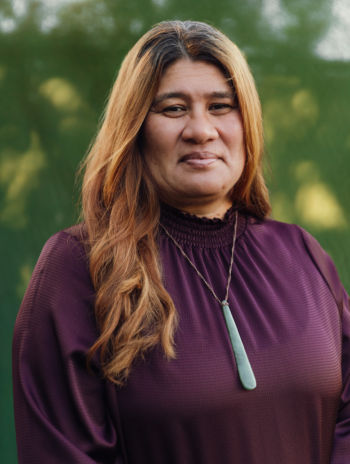
Liliana Clarke
Ngāpuhi, Ngāti Porou, Te Rarawa, Waikato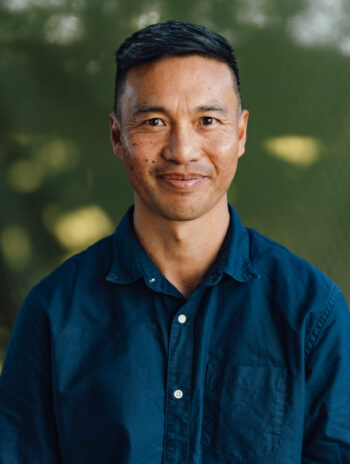
Stephen Lee
Waikato, Te Ahiwaru, Ngāti Mahuta
Ngāpuhi, Ngāti Porou, Te Rarawa, Waikato
Liliana Clarke
Liliana Clarke is a passionate advocate for Māori, harnessing the power of science to uplift Māori communities. Liliana is a dedicated researcher and advocate for whānau, whenua and wai. Specialising in Geographic Information Systems (GIS) and natural resource management, she emphasises the significance of Te Maramataka and Te Whānau Marama in guiding sustainable environmental practices and cultural decision-making. As Te Ao Māori Lead for the National Science Challenges, Liliana has worked closely with Māori landowners to ensure that land-use decisions reflect cultural values and traditional knowledge. In her mahi at Pūrangakura she draws on kaupapa Māori approaches to environmental restoration and community-led research to support the aspirations of kāinga. Currently, she is pursuing her PhD at the University of Waikato, exploring the integration of maramataka and other traditional Māori knowledge systems in contemporary environmental management.

Waikato, Te Ahiwaru, Ngāti Mahuta
Stephen Lee
Stephen Lee is a Research Project Manager at Pūrangakura for the Wai Ora Kāinga Ora kaupapa. With a Bachelor of Engineering (Mechanical Engineering) and more than two and a half decades of experience in the water, dairy and energy sectors, Stephen brings significant expertise in engineering, project management and systems design to his role. Stephen has worked closely with hāpori to deliver compliant drinking water solutions to marae and papakāinga. His work is grounded in kaupapa Māori and driven by a passion for water regeneration, housing justice and mana motuhake. At Pūrangakura, he partners with whānau, hapū and iwi to reimagine housing futures, weaving together strategy, innovation and Indigenous knowledge.
Kāinga Partners
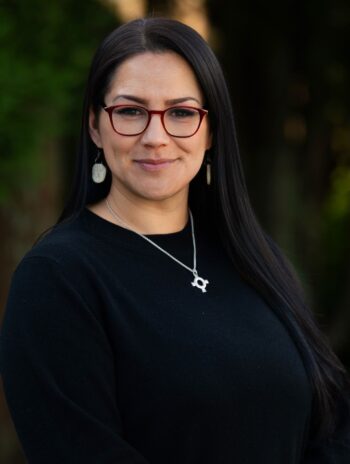
Dallas King
Ngāti Kaharau, Ngāti Hau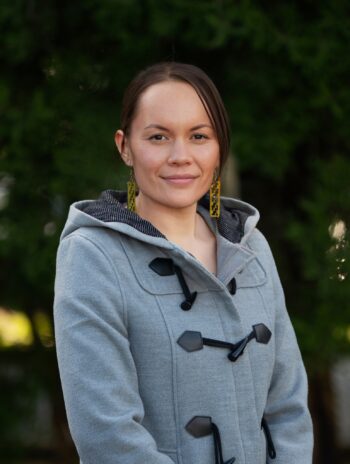
Roxanne Young
Ngāti Rangi ki Ngāwha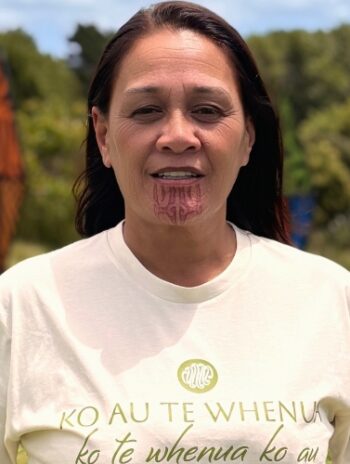
Krissy Bishop
Ngāti porou, Ngāti Kahungungu, Te Arawa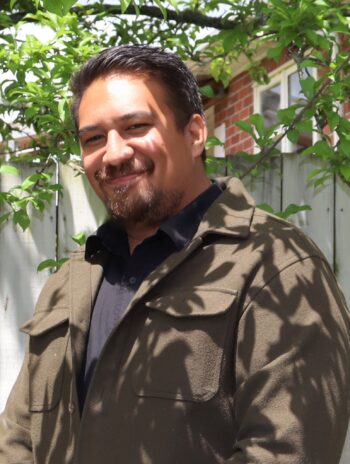
Tame Taratu
Te Ahiwaru, Te Kawerau a Maki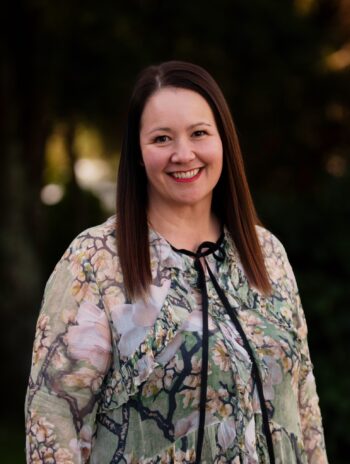
Bry Kopu
Te Ātiawa nui tonu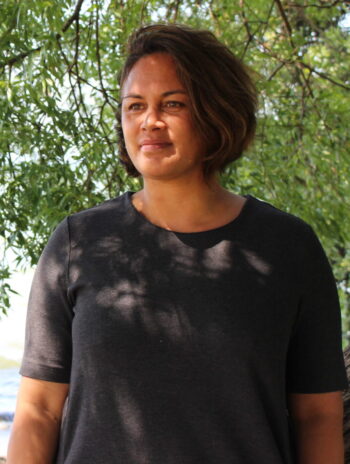
Deliah Balle
Ngāti Hinemihi, Ngāti Tūohonoa, Ngāti Tutea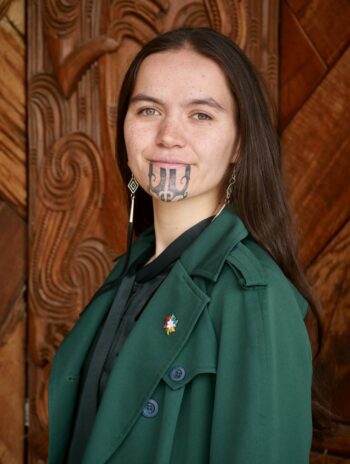
Rāhiri Makuini Edwards-Hammond
Te Tai Rāwhiti whānui, Taranaki whānui, Ta Imi Moriori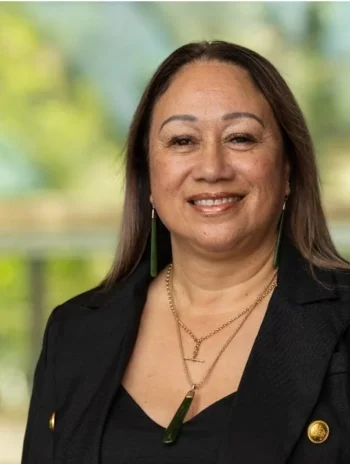
Tracey Panapa
Ngāpuhi, Ngāti Tūwharetoa, Te Rarawa
Ngāti Kaharau, Ngāti Hau
Dallas King
Dallas King, kaikōrero for Ngāti Kaharau and Ngāti Hau hapū in Hokianga, works to advance the representation of communities in decision-making processes. Raised in a whānau who honour the traditions of passing on ancestral knowledge, Dallas undertook higher education, with a keen interest in environment, governance and business. This study provided opportunities for her to consider Te Ao Māori concepts alongside conventional scientific perspectives. As a statutory provider she became Aotearoa’s youngest Education Commissioner pioneering new pathways for wāhine Māori in an otherwise Pākeha male dominated governance sector. She remains active providing advice and expertise to the private and public sectors here and across the world, promoting Indigenous knowledge systems for systemic and responsive transformation. Dallas is an advocate for tikanga Māori and te mana o te taiao within Te Tai Tokerau, especially with regard to wai. She continues to walk alongside her elders as knowledge holders and practitioners, learning and sharing kōrero tuku iho and mahi tirotiro (observing signs within the living world).

Ngāti Rangi ki Ngāwha
Roxanne Young
Roxanne Young is a values-driven leader and advocate for whānau, whenua and wai. As the kāinga-based researcher for Ngāti Rangi ki Ngāwhā, she focuses on restoring and protecting the taiao, in particular ngā wai o Ngāwhā. She is also an environmental leader and governance member of the Ngāwhā Marae Committee, supporting local resilience and decision-making. With a business analysis degree and banking experience in Te Tai Tokerau, she combines financial expertise with strategic leadership. Known for her integrity and vision, Roxanne’s work is guided by the principles of tino rangatiratanga and kotahitanga.

Ngāti porou, Ngāti Kahungungu, Te Arawa
Krissy Bishop
Kristine (Krissy) Bishop is a grounded and visionary leader whose mahi in te taiao is driven by whakapapa, wairua, and a strong commitment to intergenerational wellbeing. As Mana Whakahaere of Te Pu-a-nga Maara and a founding voice of the kaupapa, Krissy weaves together strategy, culture, and hands-on action to protect and revitalise the natural world. She is a doer and a connector, known for transforming spaces and mindsets alike, and her work is anchored in the belief that when te taiao thrives, so too do our people. Guided by tikanga and her connection to whenua, moana, and tūpuna, Krissy’s greatest passion lies in empowering rangatahi to build soul-deep relationships with the environment, ensuring our mokopuna inherit a world that is alive, unbroken, and full of mauri.

Te Ahiwaru, Te Kawerau a Maki
Tame Taratu
Tame Taratu is the General Manager of Te Motu a Hiaroa Charitable Trust, where he leads with a strong commitment to kaupapa Māori values, effective strategy and impactful governance. He is passionate about achieving the best outcomes for whānau and whenua, ensuring that Māori aspirations are at the heart of all decision-making. Tame believes in the power of Māori-led solutions and the importance of protecting our taonga for future generations. His leadership is grounded in tikanga, focused on building sustainable, intergenerational outcomes that uphold mana motuhake. Through his role, Tame continues to advance the vision of Te Motu a Hiaroa, honouring the legacy of the whenua and championing initiatives that empower communities.

Te Ātiawa nui tonu
Bry Kopu
Bry Kopu is known for her commitment to whānau wellbeing, environmental regeneration, and Indigenous enterprise. She is Chairperson of Tū Tama Wahine o Taranaki and Co-Chair and Director of the Rautāpatu Foundation, where she supports kaupapa that activates and intergenerational taiao strategy, across five key inter-connected pathways: taiao-based solutions, partnerships, circular economy, kai resilience; and underpinned by mātauranga Māori, science and innovation. Bry blends kaupapa Māori systems thinking and approaches to create lasting, community-led change. Her career includes senior leadership roles at the Mayors’ Taskforce for Jobs and the Taranaki Health Foundation, where she led multi-million dollar fundraising efforts. With expertise in strategic planning, project management, and ethical engagement (IAP2-certified), she is passionate about “scaling deep” building long-term, values-based relationships for transformative impact. Bry was project manager on Te Kāhui Rau, an environmental movement grounded in mātauranga Māori, and has contributed to publications such as He Waipuna Koropupū, which focuses on Māori wellbeing and suicide prevention. She continues to champion circular Indigenous enterprise and sustainable, intergenerational development across Aotearoa.

Ngāti Hinemihi, Ngāti Tūohonoa, Ngāti Tutea
Deliah Balle
Deliah Balle is a respected leader and policy strategist with extensive experience in governance, engagement and environmental management across the Rotorua region. She currently serves as Managing Director of Kahuawe Ltd, where she leads strategic initiatives and provides high-level consultancy services. With over six years as Deputy Chair of the Te Arawa River Iwi Trust and more than seven years as a Board Member of the Tūhourangi Tribal Authority, Deliah brings a strong commitment to iwi development, policy interpretation and strategic vision. She also serves as the Tuhourangi Tribal Authority’s partner for the Wai Ora Kāinga Ora Project, playing a central role in aligning iwi aspirations with housing and wellbeing outcomes. Her leadership as Lead for the Water Reforms Entity B Iwi Secretariat under Kahuawe Ltd further demonstrates her expertise in managing complex reform processes and iwi engagement. Deliah is also leading policy and contracts strategic relationships for Te Arawa Lakes Trust. Throughout her career, Deliah has championed kaupapa Māori approaches to environmental and freshwater management, and advanced Māori interests through informed leadership, robust policy work, and collaborative governance.

Te Tai Rāwhiti whānui, Taranaki whānui, Ta Imi Moriori
Rāhiri Makuini Edwards-Hammond
Rāhiri Mākuini, co-founder and kaikōkiri of Project Rangatahi, is passionate about taonga and kaupapa Māori. Having grown up between Te Tai Hauāuru and Te Tairāwhiti, now resides in Te Wairoa, Rāhiri is interested in creative whānau, hapū, and hāpori led solutions to the challenges currently facing kāinga across our motu.

Ngāpuhi, Ngāti Tūwharetoa, Te Rarawa
Tracey Panapa
Tracey Panapa is a committed community leader and advocate renowned for her impactful work with Te Mahurehure Marae in Tāmaki Makaurau. She has been instrumental in leading building and housing initiatives that have strengthened the community infrastructure and whānau wellbeing. Tracey’s dedication to preserving cultural heritage, fostering community development, and ensuring safe, stable housing reflects her connection to her people and her unwavering commitment to their future. Her leadership continues to uplift the mana of Te Mahurehure and empower generations to come. Te Mahurehure Marae was founded in 1969 by whānau from Waimā Tuhirangi in the Hokianga, Te Māhurehure Cultural Society Marae was established in Rangi-mata-rau (Point Chevalier) as a labour of love by kaumatua committed to manaaki the people of Tāmaki Makaurau. From humble beginnings, the marae has grown over decades into a modern complex with whare and papakāinga, fulfilling a long-held dream to create a home and gathering place for whānau, manuhiri and community alike.
Kāinga-Based Researchers
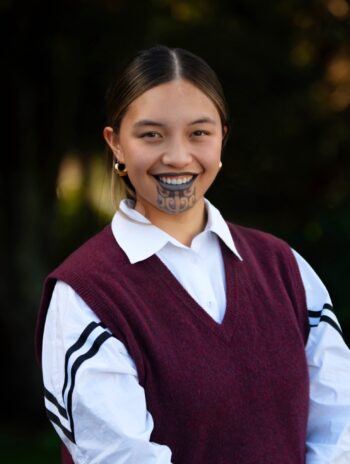
Torerenui a rua Wilson
Waikato, Ngāti Porou, Ngāi Tai, Ngāti Kahungunu ki Te Wairoa, Ngāti Whātua ki Ōrākei, Rarotonga me Tahiti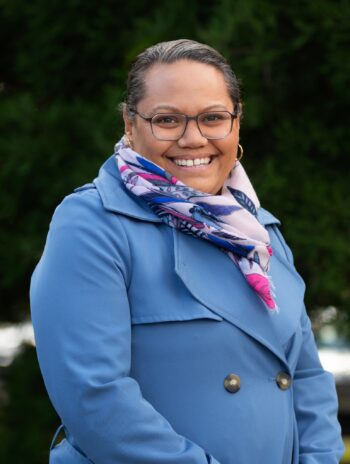
Alain Perham-Makiha
Ngāpuhi, Te Arawa, Rangitāne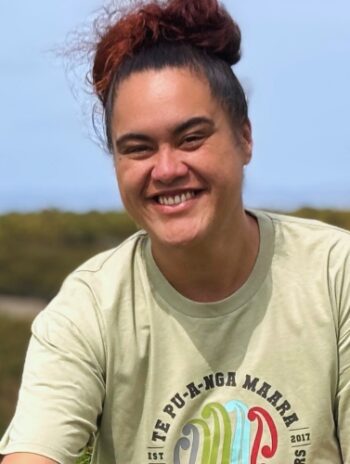
Zara Rihi Motutere
Te Rarawa, Ngāti Ranginui me Ngai te Rangi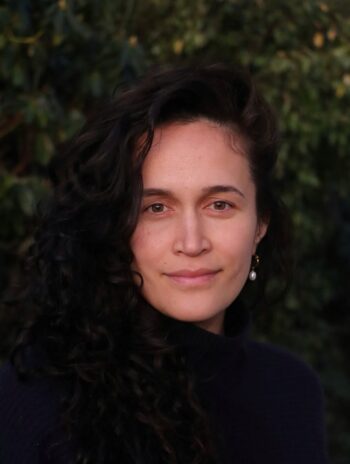
Hana Tapiata
Tūhourangi, Ngāti Tarāwhai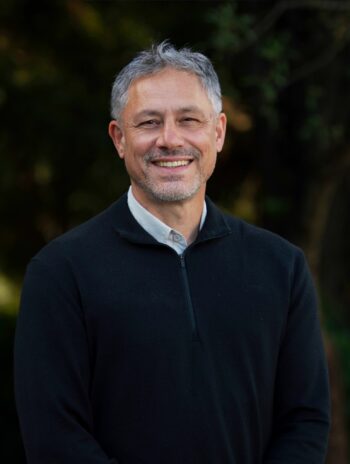
Glen Skipper
Te Atiawa nui tonu, Taranaki Iwi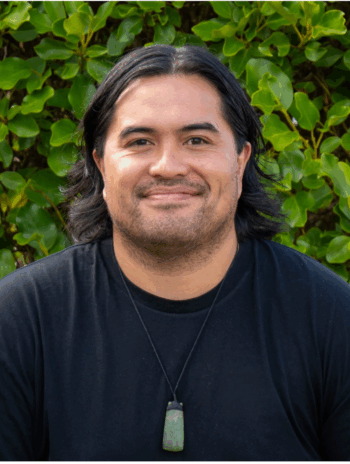
Chez Panapa
Te Māhurehure, Te uri-o-tai, Ngāti Hinga, Ngāti Kuraia
Roxanne Young
Ngāti Rangi ki Ngāwha
Dallas King
Ngāti Kaharau, Ngāti Hau
Rāhiri Makuini Edwards-Hammond
Te Tai Rāwhiti whānui, Taranaki whānui, Ta Imi Moriori
Waikato, Ngāti Porou, Ngāi Tai, Ngāti Kahungunu ki Te Wairoa, Ngāti Whātua ki Ōrākei, Rarotonga me Tahiti
Torerenui a rua Wilson
Torerenui a rua Wilson brings a passion for whakapapa, creativity and whānau-led solutions into the research space. Her mahi is grounded in the stories, values and lived realities of our kāinga, ensuring that the voices of whānau, hapū and iwi are at the heart of shaping resilient futures for wai ora and kāinga ora. Her skills in weaving digital arts, haka and cultural expression as powerful tools of storytelling are impeccable. Her creative practice is an extension of the legacies of her tīpuna helping to strengthen cultural identity and advance mātauranga in ways that resonate with rangatahi, pakeke and future generations. Music and haka are integral to her life, keeping her grounded and connected to her whakapapa. As a māmā, she is also deeply motivated to contribute to mahi that sustains both te taiao and kāinga so that tamariki and mokopuna thrive.

Ngāpuhi, Te Arawa, Rangitāne
Alain Perham-Makiha
Alain Perham-Makiha has over a decade of professional experience in data governance, data insights and reporting where she has worked for Queensland Health for more than 12 years, where she has served as Data Governance Manager and Manager of Reporting and Insights. In these roles she has specialised in ensuring the integrity, accessibility, and meaningful use of data to support health system outcomes. She has also worked with Aurizon as a Management Reporting Analyst, and as an independent Essential Services Specialist, advising on critical service delivery and data systems. Alongside this considerable expertise, Alain also brings her commitment to supporting community-led research and kāinga resilience to her kāinga-based researcher role at Pūrangakura. Her background in health and essential services informs her approach to research that strengthens both the wellbeing of people and the resilience of place. Alain’s work reflects her dedication to elevating community knowledge, ensuring robust data practices and supporting Māori-led pathways to climate resilience and sustainable futures.

Te Rarawa, Ngāti Ranginui me Ngai te Rangi
Zara Rihi Motutere
Zara Rihi Motutere is a key leader at Te Pu-a-Nga Maara where she has been there since its inception in 2017. Te Pu-a-Nga Maara kaupapa is centred around a rangatahi-led collective of taiao innovators bringing kōrero tuku iho to the forefront of environmental restoration of the Puhinui stream. Zara’s current role provides leadership to rangatahi in research and innovation projects. For the next four years, Te Pu-a-Nga Maara rangatahi will be undertaking rangahau focussed on reporepo monitoring and restoration to support Te Pu-a-Nga Maara in achieving its vision of “Taiao Ora, Mauri Ora”.

Tūhourangi, Ngāti Tarāwhai
Hana Tapiata
Hana Tapiata is a māmā, writer and champion for mātauranga tupuna, te reo and te ao Māori. He raukura nō Te Kōhanga Reo me te Kura Kaupapa Māori Aho Matua, Hana engages with kaupapa that contribute to the preservation, expansion and intergenerational transmission of mātauranga for whānau, hapū and iwi. Hana approaches rangahau as a regenerative, dynamic system, incorporating pūrākau, tikanga and whakapapa to reimagine models of transformation, sustainability, and social impact for and by Māori.

Te Atiawa nui tonu, Taranaki Iwi
Glen Skipper
Glen Skipper is an accomplished visual artist and co-chair of the Rautāpatu Foundation. He specialises in climate-centric projects that integrate mātauranga Māori to lead sustainable community initiatives. His work empowers Indigenous food systems and nurtures cultural resilience within Aotearoa, blending traditional Indigenous knowledge with artistic expression to inspire community transformation.

Te Māhurehure, Te uri-o-tai, Ngāti Hinga, Ngāti Kuraia
Chez Panapa
Chez Panapa is an environmental project manager who’s work is centred on community engagement and integrating Indigenous knowledge into scientific practice. He collaborates with diverse urban communities to strengthen environmental understanding and connection. Chez’s approach prioritises those most impacted by environmental degradation, supporting the development of community-led responses that protect and enhance cultural, spiritual and historical relationships with the environment. Chez currently holds the position of Freshwater Programme Coordinator with the Mountains to Sea Conservation Trust, where he contributes to the design and delivery of the Whitebait Connection programme and supports catchment-based groups across Tāmaki Makaurau. He serves as the Community Engagement Coordinator for the Rivercare Group Te Wai o Pareira, leading various community-driven environmental projects in Ōrukuwai, including restoration, monitoring and education. In addition, he is the Taiao Lead for Te Māhurehure Cultural Marae, co-developing strategic ecological restoration and engagement programmes within the Waitītiko catchment.

Ngāti Rangi ki Ngāwha
Roxanne Young
Roxanne Young is a values-driven leader and advocate for whānau, whenua and wai. As the kāinga-based researcher for Ngāti Rangi ki Ngāwhā, she focuses on restoring and protecting the taiao, in particular ngā wai o Ngāwhā. She is also an environmental leader and governance member of the Ngāwhā Marae Committee, supporting local resilience and decision-making. With a business analysis degree and banking experience in Te Tai Tokerau, she combines financial expertise with strategic leadership. Known for her integrity and vision, Roxanne’s work is guided by the principles of tino rangatiratanga and kotahitanga.

Ngāti Kaharau, Ngāti Hau
Dallas King
Dallas King, kaikōrero for Ngāti Kaharau and Ngāti Hau hapū in Hokianga, works to advance the representation of communities in decision-making processes. Raised in a whānau who honour the traditions of passing on ancestral knowledge, Dallas undertook higher education, with a keen interest in environment, governance and business. This study provided opportunities for her to consider Te Ao Māori concepts alongside conventional scientific perspectives. As a statutory provider she became Aotearoa’s youngest Education Commissioner pioneering new pathways for wāhine Māori in an otherwise Pākeha male dominated governance sector. She remains active providing advice and expertise to the private and public sectors here and across the world, promoting Indigenous knowledge systems for systemic and responsive transformation. Dallas is an advocate for tikanga Māori and te mana o te taiao within Te Tai Tokerau, especially with regard to wai. She continues to walk alongside her elders as knowledge holders and practitioners, learning and sharing kōrero tuku iho and mahi tirotiro (observing signs within the living world).

Te Tai Rāwhiti whānui, Taranaki whānui, Ta Imi Moriori
Rāhiri Makuini Edwards-Hammond
Rāhiri Mākuini, co-founder and kaikōkiri of Project Rangatahi, is passionate about taonga and kaupapa Māori. Having grown up between Te Tai Hauāuru and Te Tairāwhiti, now resides in Te Wairoa, Rāhiri is interested in creative whānau, hapū, and hāpori led solutions to the challenges currently facing kāinga across our motu.
Research Team
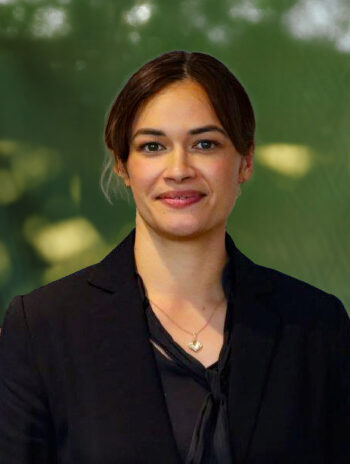
Jolene George
Te Whānau a Apanui, Ngāti Awa, Whakatōhea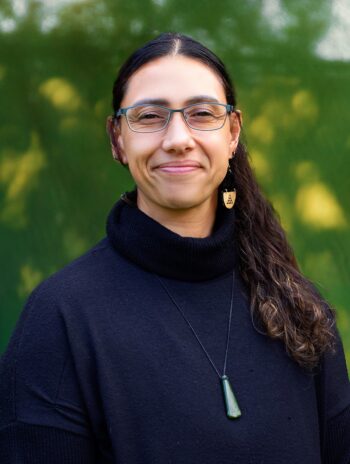
Luana Abraham
Ngāti Maniapoto, Kūki Āirani - Mauke, Rarotonga & Tahiti
Eruera Lee-Morgan
Te Arawa, Pare-Hauraki, Pare-Waikato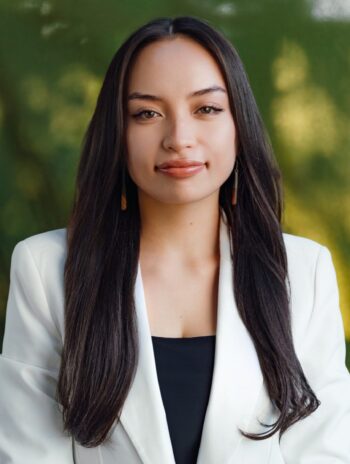
Escence Kingi Williams
Waikato Tainui, Ngāti Whawhakia, Ngāti Tūwharetoa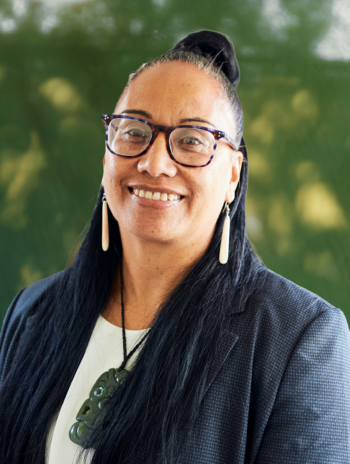
Ngāhuia Eruera
Ngāti Awa, Ngāi Tūhoe, Tūhourangi, Ngaiterangi, Ngāti Rangitihi, Ngāti Tamaterā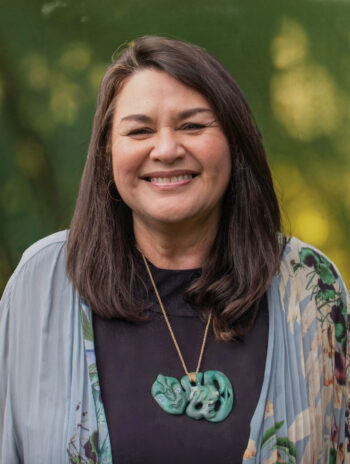
Dr Jo Mane
Ngāpuhi, Ngāti Toro, Te Popoto, Te Ngahengahe
Prof. Rau Hoskins
Ngāti Hau, Ngāpuhi, Ngāti Wai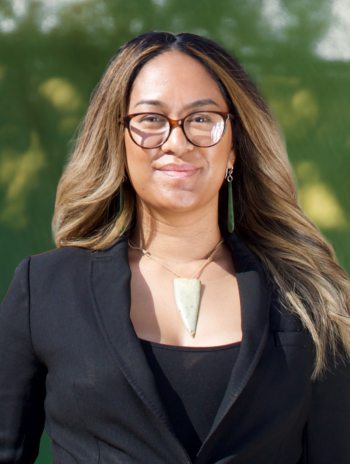
Jacqueline Paul
Ngā Puhi, Ngāti Tūwharetoa, Ngāti Kahungunu ki Heretaunga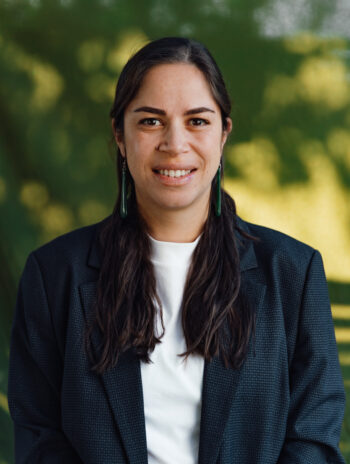
Maia Ratana
Ngāti Rangiwewehi, Ngāti Whakaue, Ngāti Te Roro o te Rangi, Ngā Rauru, Ngāti Raukawa ki te Tonga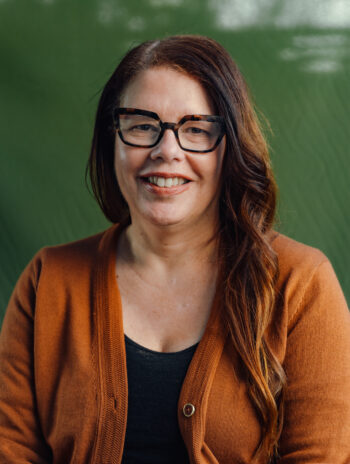
Dr Cat Mitchell
Taranaki, Ngāti Tara, Ngāti Haupoto
Te Whānau a Apanui, Ngāti Awa, Whakatōhea
Jolene George
Jolene George is an environmental scientist committed to improving the health of waterways in Aotearoa by weaving together mātauranga Māori and western science. A Kairangahau Matua on the Wai Ora Kāinga Ora project, and a Master’s candidate at the University of Waikato, Jolene was awarded a scholarship to investigate biological tohu of groundwater health alongside traditional Māori indicators. With over 20 years’ experience across industry and in Crown Research Institutes, Jolene brings strong technical capability shaped by her background as a laboratory technician, account manager, and technical manager. Raised in the coastal community of Ōmaio and educated at Turakina Māori Girls’ College, she grounds her mahi in tikanga, careful observation and deep respect for the taiao. Inspired by her late uncle, Wiremu Tāwhai (author of Living by the Moon), she is dedicated to supporting whānau and hapū to restore their waterways and strengthen kaitiakitanga.

Ngāti Maniapoto, Kūki Āirani - Mauke, Rarotonga & Tahiti
Luana Abraham
Luana Abraham is a highly organised and driven professional with a wealth of experience in leadership, administration, and mentorship across various sectors. With over 20 years in Early Childhood Education, she’s refined her skills in mentoring, coaching and empowering individuals. Her experience also encompasses business management, governance, and community leadership, including roles such as Treasurer for the Mauke School Board and President of the Mauke Sports Association in Rarotonga. She has effectively managed complex projects, coordinated large-scale events, and handled multiple responsibilities, all while remaining committed to community engagement and personal development. She’s deeply passionate and dedicated to supporting initiatives that enhance the well-being of Māori, Pasifika and hāpori.

Te Arawa, Pare-Hauraki, Pare-Waikato
Eruera Lee-Morgan
Eruera Lee-Morgan brings nearly two decades of experience working with iwi across Aotearoa on diverse projects, including Māori language revitalisation, broadcasting, education and social initiatives. With 30 years in media, and a recipient of multiple awards, Eruera is a skilled bilingual speaker and MC. He currently advises Te Taumata Arowai and NZ Transport Agency Waka Kotahi on integrating mātauranga Māori and te ao Māori values into public transport, urban design and regulatory frameworks. A recent graduate of WaterNZ’s Te Mana o te Wai course, he was invited to present on Te Arawa tribal waters. As a former Principal Advisor for the Ministry of Māori Development, Eruera is well-versed in government processes, policy and reforms, including Te Maihi Karauna and the Māori Media Sector Shift review. Committed to excellence in te reo Māori me ngā tikanga, he strives to elevate cultural consciousness and achievements for whānau, hapū, iwi and Aotearoa.

Waikato Tainui, Ngāti Whawhakia, Ngāti Tūwharetoa
Escence Kingi Williams
Escence is a communications specialist with a background in environmental policy and a strong commitment to kaupapa Māori. She excels in crafting clear, culturally grounded messaging and fostering meaningful engagement with iwi Māori. With a passion for storytelling and values-driven communication, Escence integrates Te Ao Māori into her work to ensure authenticity and respect for cultural narratives. In her role as Mātanga Whakapā, Communications Specialist at Pūrangakura, she is dedicated to amplifying Māori research and strengthening connections between researchers, communities and stakeholders through impactful storytelling.

Ngāti Awa, Ngāi Tūhoe, Tūhourangi, Ngaiterangi, Ngāti Rangitihi, Ngāti Tamaterā
Ngāhuia Eruera
Ngāhuia Eruera is a dynamic and values-driven leader with over 25 years’ experience in business strategy, kaupapa Māori advancement, and executive management. With a proven track record across the sports, wānanga, and research sectors, she brings sharp operational acumen and a deep commitment to whānau wellbeing and marae development. A proud ‘pa’ girl, Ngāhuia currently serves on the boards of Te Rūnanga o Ngāti Awa, Auckland Mataatua Society Inc and Te Tini o Toi Housing Trust. As a co-founding Director of Pūrangakura, she provides strategic leadership to ensure research is grounded in mātauranga Māori and driven by whānau, hapū and iwi. Her leadership is anchored in the principles of manaakitanga, kaitiakitanga and tino rangatiratanga, shaping enduring transformative impact across Aotearoa.

Ngāpuhi, Ngāti Toro, Te Popoto, Te Ngahengahe
Dr Jo Mane
Dr Jo Mane is located in the south of Kaitaia, within the Mangataiore valley, under the protection of Maungataniwha. As part of a whānau and hapū-led initiative, she contributed to the establishment of Tautoko FM, an iwi radio broadcaster in Te Tai Tokerau. Working alongside her kuia to broadcast matters of importance to their local community, provided her with a profound understanding of self-determination, where te reo Māori was placed at the forefront. This experience inspired her to pursue training in kaupapa Māori education and research, fostering her active interest in community-based kaupapa Māori research. In her role as Senior Researcher at Pūrangakura, Jo’s work focuses on supporting Māori-led initiatives that advance the aspirations of tino rangatiratanga and empower Māori communities to achieve their goals.

Ngāti Hau, Ngāpuhi, Ngāti Wai
Prof. Rau Hoskins
Prof. Rau Hoskins is a renowned practitioner, researcher and educator with over three decades of experience in Māori architecture, housing and cultural landscape design. Raised in Whangārei, he earned both his bachelor’s and master’s degrees in architecture from the University of Auckland. Rau combines kaupapa Māori design principles with skills in iwi engagement, urban design, Māori heritage, marae and cultural consultancy. In addition to his role as a director of Pūrangakura, he is also a founding director of design TRIBE architects, an architectural practice which specialises in cultural, health, urban design, marae and educational projects. Rau served on the Auckland Council Urban Design Panel from 2012 to 2020 and contributes to major developments including the City Rail Link and Aotea Over Station Development. He was the founding Chairperson of Te Matapihi he Tirohanga mo te Iwi, a national Māori housing network, and co-created the award-winning Māori architecture series Whare Māori, which won Best Information Programme at the 2011 Aotearoa Film and Television Awards.

Ngā Puhi, Ngāti Tūwharetoa, Ngāti Kahungunu ki Heretaunga
Jacqueline Paul
Jacqueline Paul is a researcher whose work explores the intersection of Indigenous knowledge, treaty relationships, and urban planning. Currently pursuing her doctorate at Massachusetts Institute of Technology (MIT), Jacqueline’s research examines how different treaty contexts shape Indigenous sovereignty and self-determination in land and housing affairs. At Pūrangakura, she engages in research focused on improving housing and well-being outcomes for Māori communities.

Ngāti Rangiwewehi, Ngāti Whakaue, Ngāti Te Roro o te Rangi, Ngā Rauru, Ngāti Raukawa ki te Tonga
Maia Ratana
Maia Ratana is a researcher at Pūrangakura, a lecturer at Unitec School of Architecture, and a PhD candidate at Te Whare Wānanga o Awanuiārangi. She is undertaking kaupapa Māori research in Māori housing, homelessness, rangatahi leadership and equity in tertiary education. Maia’s PhD explores ‘Kaupapa Rangatahi,’ a theory of change that challenges colonial norms and empowers rangatahi as leaders and change-makers. Maia is passionate about building relationships, centring rangatahi voices and fostering equitable, sustainable futures.

Taranaki, Ngāti Tara, Ngāti Haupoto
Dr Cat Mitchell
Associate Advisors
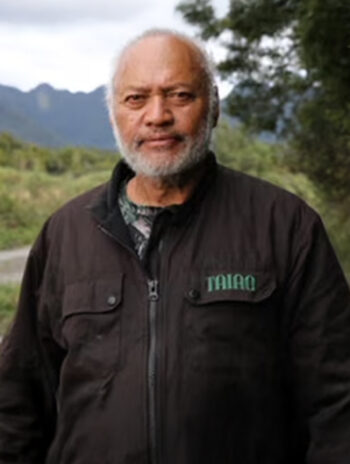
Rereata Mākiha
Ngāpuhi, Te Arawa, Rangitāne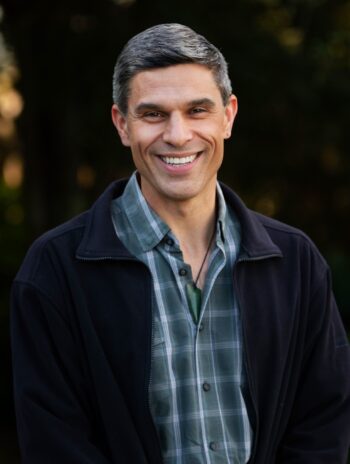
Dr Rhys Jones
Ngāti Kahungunu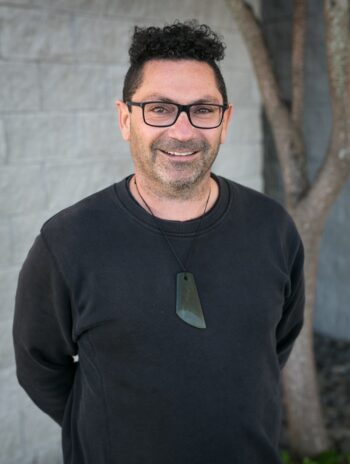
Prof. Jason De Santolo
Garrwa, Barunggam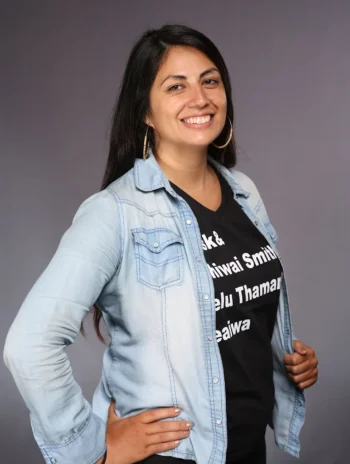
Vehia Wheeler
Moana Nui a Hiva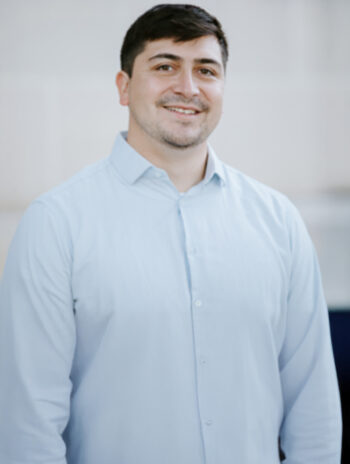
Dr Michael Charles
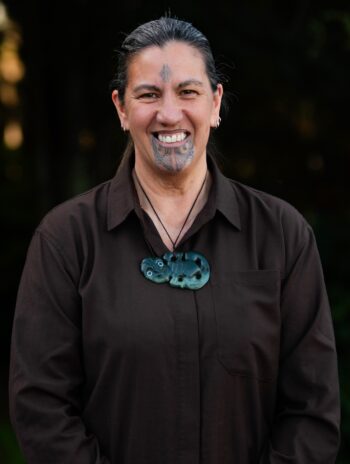
Prof. Leonie Pihama
Te Ātiawa, Waikato, Taranaki
Ngāpuhi, Te Arawa, Rangitāne
Rereata Mākiha
Rereata Mākiha is a renowned Māori knowledge holder, broadcaster and cultural leader. His life’s work has centred on preserving and revitalising mātauranga Māori, particularly the maramataka (Māori lunar calendar), tātai arorangi and mahi taiao. Rereata has over four decades of experience in the media, serving in senior roles at TVNZ and Māori Television. A respected kaumātua and cultural advisor, he has guided institutions such as the University of Auckland, Auckland Council, and Te Puni Kōkiri playing a key role in initiatives that promote Māori environmental frameworks, Indigenous education and traditional navigation. As a member of the Matariki Advisory Group, his influence extends across local, regional and national contexts. In 2022, he was named Senior New Zealander of the Year for his tireless dedication to ancestral knowledge, intergenerational teaching and the wellbeing of people and the environment in Aotearoa.

Ngāti Kahungunu
Dr Rhys Jones
Dr Rhys Jones is a public health physician, Associate Professor and Co-Director of teaching in Māori health at Te Kupenga Hauora Māori, Waipapa Taumata Rau University of Auckland. His research addresses Indigenous health and health equity, with an emphasis on environmental wellbeing and decolonial approaches to planetary health. Rhys is a passionate advocate for health equity, Indigenous rights and climate justice. He was a founding Co-Convenor of Ora Taiao: The New Zealand Climate and Health Council, and is Co-Director of Climate Health Aotearoa, a national climate change and health research network.

Garrwa, Barunggam
Prof. Jason De Santolo
Jason De Santolo is a Professor 0f First Nations Land Justice at the Jumbunna Institute for Indigenous Education and Research and Assoc. Dean (Indigenous Research) at University of Technology Sydney (UTS). He has worked in higher education for over two decades, combining legal training with creative methodologies to further Indigenous rights and environmental justice. Jason was previously Director of Indigenous Research in UTS School of Business and Assoc. Professor in the UTS School of Design and Director of Indigenous Excellence in the Faculty of Design, Architecture and Building. He co-edited Decolonizing Research: Indigenous storywork as methodology (2019) with Jo-Ann Archibald and Jenny Lee-Morgan. His latest documentary Warburdar Bununu / Water Shield explores water contamination in his homelands and Borroloola, Northern Territory.

Moana Nui a Hiva
Vehia Wheeler
Vehia Wheeler, a child of Moana Nui a Hiva, was born and raised in Waiau, Oʻahu but traces roots to Tahiti island and the Mangareva archipelago in the South Pacific. After studying Pacific Island Studies at the University of Hawaii at Manoa (for her undergrad and masters) she became inspired by the Oceanic philosophers she learned about and from while there. She now lives in Tahiti, closer to her family roots, working towards justice and independence for our Pacific islands.

Dr Michael Charles
Dr Michael Charles is an Assistant Professor in Biological and Environmental Engineering at Cornell University, with affiliations to the American Indian and Indigenous Studies Program and the Cornell Atkinson Center for Sustainability. He holds degrees in Chemical and Biomolecular Engineering from Cornell and Ohio State University, where he also completed postdoctoral work focused on the history of Land Grant Universities and Indigenous dispossession in North America. As a Diné (Navajo) scholar, Dr. Charles specialises in computational sustainability, dynamic ecological models, and using data-driven storytelling to advocate for underrepresented communities. His research emphasizes the role of landscapes in addressing sustainability challenges and promoting human well-being. He also works with the International Indigenous Peoples’ Forum on Climate Change to advocate for Indigenous rights in UN Climate Negotiations. His overarching goal is to increase Indigenous representation in academia, policy, and social movements in the pursuit of justice and collective liberation.

Te Ātiawa, Waikato, Taranaki
Prof. Leonie Pihama
Prof. Leonie Pihama is Professor of Māori and Indigenous Research and is working as Research Director at Tū Tamawahine o Taranaki and is Director of Māori and Indigenous Analysis Ltd, a Kaupapa Māori research company. Leonie is a leading kaupapa Māori educator and researcher. She was a recipient of the Hohua Tūtengaehe Post-Doctoral Research Fellowship (Health Research Council) and the inaugural Ngā Pae o Te Maramatanga Senior Māori Fulbright Scholarship at the University of Washington. In 2015, Leonie was awarded the ‘Te Tohu Pae Tawhiti Award’ (NZARE) for excellence in Māori Educatonal Research and the ‘Te Tohu Rapuora Award (Health Research Council) to recognise significant contributon to Māori health excellence and leadership with the whānau at Te Kotahi Research Institute. Leonie has directed a number of Research Institutes including The International Research Institute for Māori and Indigenous Education (IRI, University of Auckland) and Te Matapunenga o Te Kotahi (Te Kotahi Research Institute, University of Waikato). She served on the Māori Health Committee for the Health Research council and on a number of key boards including Māori Television, Te Mangai Pāho,and Ngā Pae o te Maramatanga. Leonie recently completed two Health Research Council projects, ‘He Oranga Ngakau: Māori Approaches to Trauma Informed Care’ and ‘Honour Project Aotearoa’, She was MBIE He Punaha Hihiko: Vision Matauranga Capability Fund Placement recipient for two years with Tū Tama Wahine o Taranaki supporting the publication of ‘He Punaha Hohourongo: Taranaki Violence Prevention Strategy’. She is a Principal Investigator (PI) on the following projects: ‘Titiro whakamuri, kōkiri whakamua’ exploring land based healing practices for wāhine in Taranaki as a part of the Tangata Whenua Tangata Ora HRC Māori Health Programme led by Whaariki Research Centre; a co-PI with Professor Linda Tuhwai Smith on He Waka Eke Noa: Māori cultural frameworks for violence prevention and intervention. She has recently been granted an MBIE Endeavour for the project Kaupapa Māori: Creating An Indigenous Model for System Change in Aotearoa jointly with Professors Linda Tuhiwai Smith, Graham Hingangaroa Smith and Jenny Lee-Morgan and Dr Matt Roskrudge. She has also just been awarded a Marsden Fund grant for the project He Kare-a-roto: Māori understandings and expression of emotions with Professors Jenny Lee-Morgan and Rangi Matamua. Leonie was recently made a Fellow of the Royal Society of New Zealand.
Associate Researchers
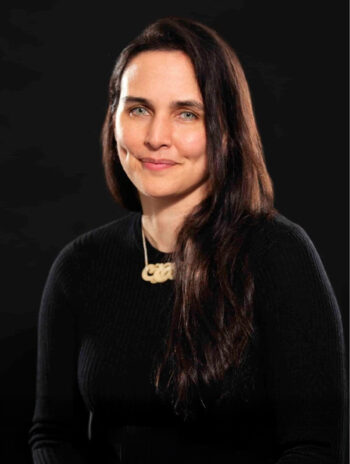
Dr Nicole Edwards
Ngāi Tahu, Ngāti Kahungunu, Taranaki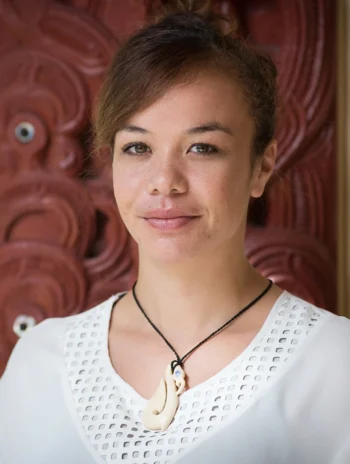
Dr Annie Te One
Te Ātiawa, Ngāti Mutunga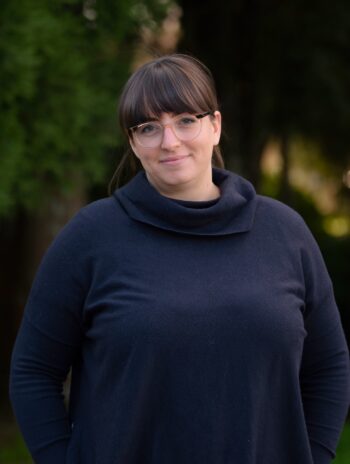
Sibyl Bloomfield
Waikato Tainui, Ngāti Maniapoto, Ngai Te Rangi & Ngāti Rārua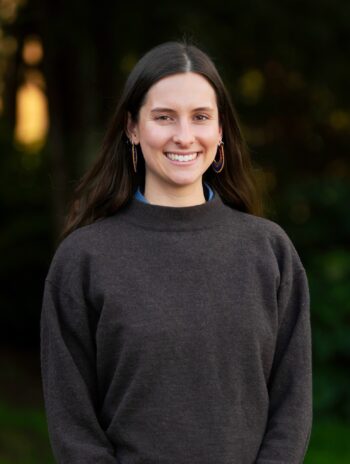
Ellie Tapsell
Ngāti Whakaue, Ngāti Raukawa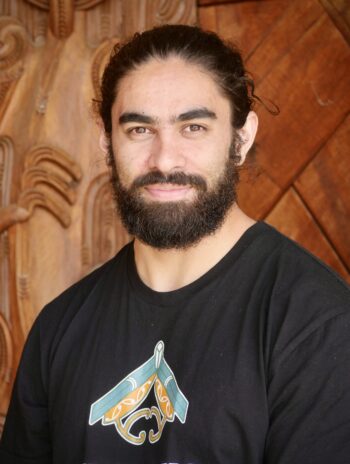
Rhieve Grey
Ngāti Tūwharetoa, Ngāti Porou, Ngāti Raukawa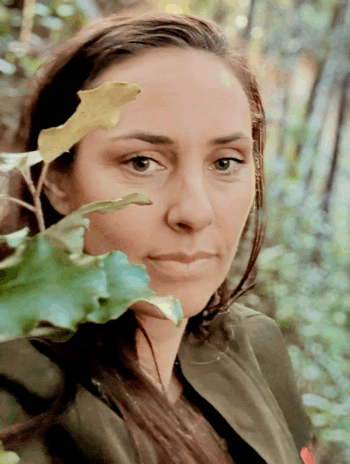
Lara Taylor
Ngāti Tahu-Ngāti Whaoa, Tūhourangi, Ngāti Pāhauwera, Ngāti Kahungunu, Ngāti Tūwharetoa, Ngāi Tahu ki Murihiku
Ngāi Tahu, Ngāti Kahungunu, Taranaki
Dr Nicole Edwards
Dr Nicole Edwards is a neuroscientist and molecular biologist with a research focus on neurodevelopmental and neurodegenerative disease. She is an advocate for ethical data management in genomic and health research, with a particular focus on implementing Māori data sovereignty frameworks that uphold community aspirations and approaches to care. Her Hauora Māori research, conducted in partnership with affected whānau, embeds these principles into genomics-based studies, ensuring that data governance aligns with tikanga and supports community-driven health priorities. She is also a core member of Te Pokapū, the working group of Te Mana Raraunga (the Māori Sovereignty Network) through which she advocates for indigenous data governance mechanisms in collaboration with local and global networks to realise the rights of indigenous sovereignty over their own data. Nicole completed her PhD at the Centre for Brain research at the Faculty of Medical and Health Sciences at Waipapa Taumata Rau, The University of Auckland and was a Fulbright funded research fellow at the Broad institute of MIT & Harvard. Nicole recently returned to New Zealand and is a Pouako Lecturer at the Faculty of Science.

Te Ātiawa, Ngāti Mutunga
Dr Annie Te One
Dr Annie Te One is a lecturer in Te Kawa a Māui. Annie’s PhD is from the Australian National University and focussed on iwi and local government relationships in Wellington and the Hutt Valley. She is currently undertaking research relating to the Mana Wāhine Inquiry (WAI2700), rangatahi-led research focussing on the future of Māori housing, as well as being a Fulbright Scholar to teach and research at the University of Hawaii with a particular focus on the connections between Māori and Kanaka Māoli political philosophies. Her research interests are also focussed on how Crown institutions engage with tikanga.

Waikato Tainui, Ngāti Maniapoto, Ngai Te Rangi & Ngāti Rārua
Sibyl Bloomfield
Sibyl Bloomfield is a landscape architect and Senior Lecturer at AUT School of Future Environments, Huri Te Ao in Aotearoa New Zealand. Sibly holds a Bachelor of Design (Interior Architecture) and a Master of Landscape Architecture (Professional) from Victoria University of Wellington. Her research and teaching focus on climate change, coastal communities, land stewardship, indigenous concepts of land ownership, resilience, community development, and design pedagogy.

Ngāti Whakaue, Ngāti Raukawa
Ellie Tapsell
Nō ngā hapū maha o Ngāti Whakaue. Mai Te Kūraetanga o Te Ihu o Tamatekapua ki Ngongotahā. He taha hoki ōku nō Ngāti Raukawa ki uta. He Pākeha hoki ahau.
Ellie is a researcher based at Te Kawa a Māui, Victoria University of Wellington, with a focus on environmental politics and whenua Māori and the interwoven relationships between people, place, and power in Aotearoa. Ellie’s work is driven by a commitment to building a fairer, more flourishing future for te taiao and our communities in Aotearoa.
Ellie is currently reclaiming her reo Māori through studies at Te Wānanga o Raukawa alongside her research work at Te Kawa a Māui.

Ngāti Tūwharetoa, Ngāti Porou, Ngāti Raukawa
Rhieve Grey
Rhieve Grey is a researcher with Pūrangakura on the Generation Kāinga project. He has an academic background in public policy, having recently completed Master’s studies at the University of Oxford. He is also a researcher for Te Kuaka, a NZ-based foreign policy think tank, where he advocates for Māori and Indigenous engagement in foreign policymaking.

Ngāti Tahu-Ngāti Whaoa, Tūhourangi, Ngāti Pāhauwera, Ngāti Kahungunu, Ngāti Tūwharetoa, Ngāi Tahu ki Murihiku
Lara Taylor
Lara is a Māori planner, strategist, and researcher, and the founder and Kaiwhakahaere of E Oho! Awakening Aotearoa. Her work is grounded in kaupapa Māori approaches to governance, planning, and natural resource management, with a focus on Tiriti-based models that enable iwi, hapū and community aspirations.
She is currently Chair of Papa Pounamu, the national forum for Māori planners and practitioners within the New Zealand Planning Institute, and a member of the ASAP Establishment Working Group (Aotearoa Society of Adaptation Professionals). Lara has led and co-designed national research programmes on enabling kaitiakitanga, climate adaptation, and environmental governance, including developing frameworks such as Matatika mo Te Ao Tūroa (a toolkit enabling Kaitiakitanga) and Ngā Puna Aroha (a tikanga-based freshwater allocation model). Her contributions have been recognised with awards such as the Manaaki Whenua Landcare Research Mātauranga Māori Award (2022). Lara’s is committed to weaving mātauranga Māori and western knowledge systems for just and sustainable futures.
Wai Ora Internships
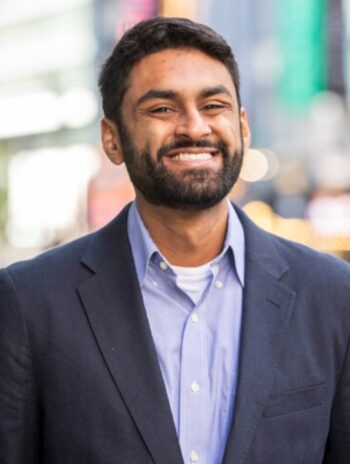
Milan Chuttani
Massachusetts Institute of Technology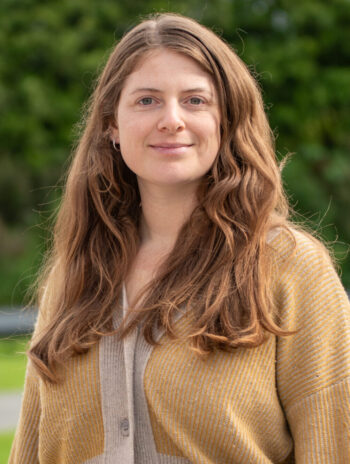
Prasanthi Cottingham
Harvard Graduate School of Design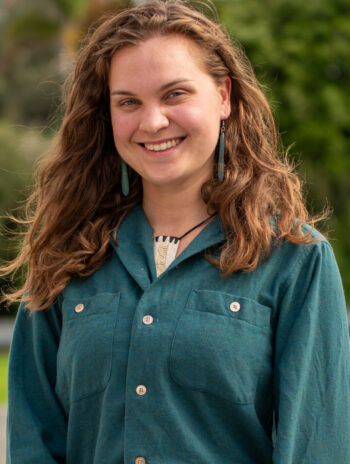
Amelia Kendall
Harvard Law School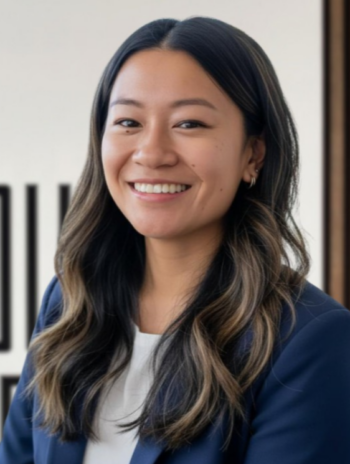
Hannah Aronson
Massachusetts Institute of Technology
Massachusetts Institute of Technology
Milan Chuttani
Milan Chuttani is an Indian-American urban planning professional with a focus on reparative planning, whose family heritage spans Maharashtra, Karnataka, and Punjab in India. Raised in Massachusetts on Wampanoag, Massachusetts, and Nipmuc land, Milan grew up in a diverse South Asian community shaped by religious and ethnic variety, as well as the historical trauma of the 1947 Partition. His work in reparative planning is deeply rooted in honouring his family’s history, addressing past harms, and fostering healing for a more united future. Milan is a Masters in City Planning student at the Department of Urban Studies and Planning (DUSP) at MIT interested in how cities can advance reparative justice through climate adaptation, housing policy, and environmental planning. Prior to joining DUSP, Milan worked at Boston Medical Centre’s Vital Village Network as a spatial data analyst supporting community coalitions to improve social drivers of children’s health. Between 2018 and 2021, Milan completed an ORISE Fellowship at the U.S. Centres for Disease Control’s Division of Global Migration and Quarantine where he worked on spatial data analysis, web development, participatory mapping, and data modelling projects as a part of the Ebola, COVID-19 and Measles emergency responses. Milan graduated from Dartmouth College in 2018 with a B.A. in Government and Computer Science.

Harvard Graduate School of Design
Prasanthi Cottingham
Prasanthi Cottingham is a Master in Urban Planning student at the Harvard Graduate School of Design who brings a strong background in local government, community relationships, and wellbeing to her role with Pūrangakura. Most recently, she worked as a Senior Advisor in the Infrastructure and Environmental Services team at Auckland Council, where she interfaced between staff and councillors to achieve environmental outcomes for the city. Before her advisory roles at council, Prasanthi worked across a wide range of kaupapa including teaching and tutoring at Victoria University of Wellington, supporting student wellbeing as a Student Services Manager, and providing therapeutic care as a massage and spa therapist both in Aotearoa and internationally. She has also held roles in employee relations and labour relations in the United States, giving her a diverse perspective on people, policy, and systems. At Pūrangakura, Prasanthi contributes her expertise in relationship management, community engagement, and environmental planning. Her career reflects a commitment to manaakitanga and to creating pathways where people feel supported, heard, and empowered. She is passionate about connecting people and places, and about supporting kaupapa Māori approaches to resilience, wellbeing, and sustainable futures.

Harvard Law School
Amelia Kendall
Amelia Kendall (Te Rarawa) is a lawyer and scholar whose work bridges Indigenous rights, constitutional law, and legal practice. She is currently pursuing a Master of Laws (LLM) at Harvard Law School, where her studies focus on international constitutional arrangements and the impact of human rights instruments and treaties on Indigenous rights globally. Amelia graduated with a LLB (Hons) and BA conjoint from Waipapa Taumata Rau, The University of Auckland, and her academic achievements have been recognised with prestigious awards including a Fulbright New Zealand General Graduate Award and the Borrin Foundation Ngā Pae o te Māramatanga Postgraduate Scholarship to support her postgraduate study in the United States. Before embarking on her LLM, Amelia practised as a commercial lawyer, where she gained experience in legal practice and developed a strong foundation in legal systems and professional advocacy. She has also engaged with kaupapa that support Indigenous and Māori legal development, including work with the National Iwi Chairs Forum, contributing to conversations around constitutional transformation and tino rangatiratanga. At Pūrangakura, Amelia applies her expertise in legal analysis, Māori constitutional discourse, and rights-based approaches to support transformative work that centres Te Tiriti o Waitangi and Indigenous governance. Her career reflects a dedication to mana motuhake, justice, and meaningful systemic change.

Massachusetts Institute of Technology
Hannah Aronson
Our Kaupapa
Reflections on Hannah’s Internship at Pūrangakura
Welcoming Intern Hannah Aronson to Pūrangakura
Pūrangakura Hosts Harvard Student for Wai Ora Kāinga Ora Research Internship
Intern Spotlight: Pūrangakura hosts Milan Chuttani
Celebrating Māori Excellence in Engineering: Dr Emily Afoa recognised at inaugural Te Mana Kiwi SPPEEx Awards
Pūrangakura celebrates Wai Ora Kāinga Ora research partnership
Pūrangakura attends 4th International Indigenous Health and Wellbeing Conference
Resources and Publications
Ngāti Rangi ki Ngawha Hapū environmental management plan 2025 Clarke, L. 2025, May
More Projects

Manawaroa

Generation Kāinga

Digital Twin

Matike Mai te Hiaroa

Te Aka Pūkaea


